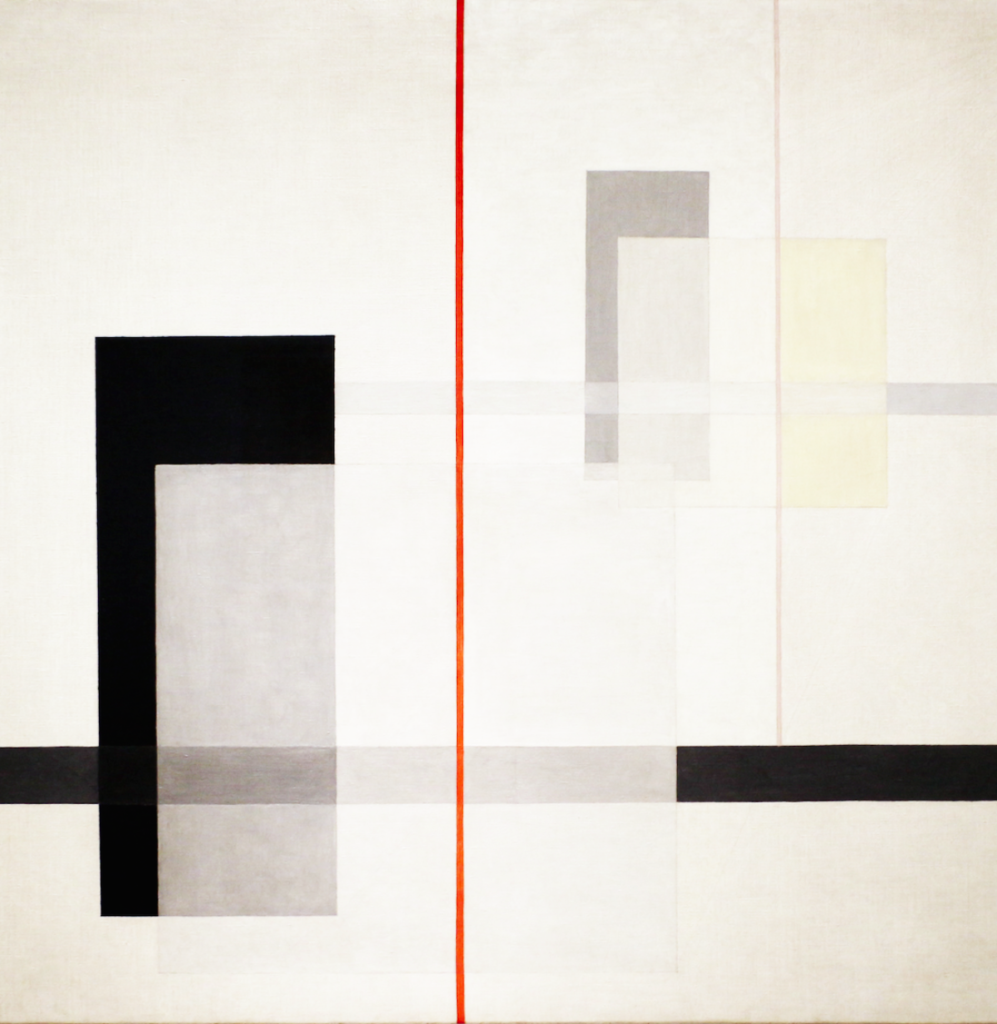
N. XXXI, February 2021
edited by Miriam Aiello, Gabriella Paolucci, Alberto Romele
Lo Sguardo‘s 31th issue will be devoted to the concept of ‘habitus’, a long-standing philosopheme at the intersection of ontology, ethics, practical philosophy, epistemology, anthropology, and sociology.
The term habitus is the Latin translation, popularized by Aquinas, of the Aristotelian hexis. Though in the Aristotelian corpus this term conveys multiple meanings, hexis can be shortly defined as a stable acquired quality or disposition, which is possessed neither by nature nor contrary to nature. Furthermore, hexis does not simply coincide with ‘disposition’ (diathesis) in that the latter is momentary, while the former requires stability and durability over time. Episteme and virtues are typically defined as hexeis, durable and stable acquired dispositions respectively to demonstration and to the way the soul copes with pleasures and pains.
In the wake of Augustine’s treatment of subject and virtues and following Aquinas’ theoretical and terminological mediation, Scholastic moral psychology and theology are largely committed with the concept of habitus. The mushrooming of qualitatively differentiated habitus, corresponding to a taxonomy of the complexio animi, complies with the attempt to attenuate the tensions within the Aristotelian legacy, making it functional to uphold central concerns like free-will and theological virtues.
During the Modern Age and especially since Descartes’ thought, the term habitus slips towards a different meaning, that of habit, a repeated and essentially mechanic acquired behavior. The reflection on habit gradually takes on a twofold shape: on the one hand, habit represents the mechanic, passive and unreflective side of individual and social experience, on the other hand, it plays a pivotal role in the continuity of experience. The issue of habit-habitude, though not always in an explicit form, runs through the development of Modern philosophy, from Rationalism, to materialist thinkers and physiologists of the XVII century, to the British Empiricism, to French Spiritualism, to German Idealism.
In recent times, the concept of habitus was revitalized by the sociologist Pierre Bourdieu, who posited it at the core of his social theory. Albeit drawing on Panofsky, Husserl, Merleau-Ponty, Mauss, Durkheim, as well as on modern philosophers like Descartes, Spinoza, Leibniz and Pascal, Bourdieu shaped a notion of habitus that is not reducible to any pre-existing one. In his theory of practice, the habitus, conceived as a principle of action, is an enduring system of unconscious schemata of dispositions to perception, evaluation and action that is able to translate the restrictions and the possibilities inherent in a social position into a particular lifestyle. Such a reframed concept of habitus is able to explain social reproduction and domination as well as the crisis of practices when the conditions that produced the habitus expire.
The complex history of habitus, hexis and habit unequivocally proves that these concepts are not overlapping or interchangeable, and are instead part of a constellation of philosophical issues. In fact, these concepts represent an invaluable and unique line of juncture between having and being, potency and act, activity and passivity, consciousness and mechanism, freedom and determinism, reproduction and change, individualization and socialization, first and second nature of human beings.
We invite researchers and scholars to submit proposals concerning the following streams:
- The Historical-Philosophical Lineage of Habitus: this section will include historical-philosophical inquiries into the concept of habitus (hexis and habit, as well) along with ancient, medieval, modern philosophy up to post-idealism;
- Habitus and the Contemporary: this section will address original aspects and conceptual, practical, psychological and political implications of contemporary philosophical, sociological and anthropological uses of habitus.
- Mapping Family Resemblances and Distances: this section is meant to be a contribution to a definition of a philosophical lexicon of the semantic spectrum shared by habitus, hexis and habit, within different areas of reflection – from ontology (diathesis, disposition, power) to phenomenology (Habitualität) –, according to the individual (habit, habitude, abito), social and intersubjective (consuetudo, ethos, custom) significance of these terms, and with particular regard to the broader topic of ‘second nature’;
- Digital and Technological Habitus: this section will address contemporary uses of habitus, developments and perspectives in Science and Technology Studies and in Media Studies.
Contributions in these streams may also be organised around the following crosscutting key-issues:
- Habitus and the Isomorphism between the Individual and Society: the dimension both individual and social of habitus and issues such as the role of habitus in the processes of socialization and individualization, with particular regard to the dynamic between habitus, subjectification, subjugation and domination, the relationship between habitus, taste and cultural distinction, as well as that between habitus and social class;
- Habitus across Space and Time: the spatial and temporal dimension of habitus and issues such as the ecological significance of habitus, with particular concern to the relationship between habitus and habitat on the one side, the role of repetition, the persistency or the possibility of changing habitus over time on the other side;
- Habitus in the Body and in the Mind: the embodied and cognitive dimensions of habitus and issues such as the gnoseological meaning of habit and habituation, the role of habits and habitus for the continuity and efficiency of cognitive operations, the unconscious cognitive correlates of habitus.
ACCEPTED LANGUAGES: ENGLISH, ITALIAN, FRENCH, GERMAN, SPANISH
DEADLINE FOR THE SUBMISSION OF THE PROPOSALS: June, 20th, 2020
Procedure: Please send an abstract of up to 4,000 characters, including the title of the proposed contribution and an outline of its argument, to callforpapers@losguardo.net by the specified deadline. Proposals will be evaluated by the editors of the Journal and a panel of readers, and the results of the selection will be announced to the authors by July 10th, 2020. Accepted papers will then have to be submitted to the editors by a new deadline, which will be announced to the authors with the results of the selection, and will undergo a double-blind review.
Miriam Aiello, Gabriella Paolucci, Alberto Romele
redazione@losguardo.net | callforpapers@losguardo.net

